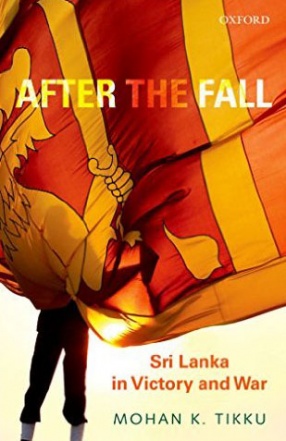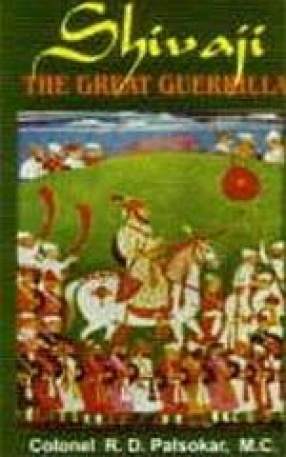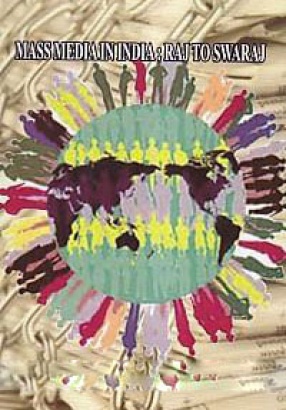While Buddhists all over the world were celebrating 2,500 years of Gautama Buddha’s passing in 1956, Ceylon (as Sri Lanka was called then) was sowing the seeds of an ethnic conflict. To begin with, language became the source of conflict between the Sinhalese majority and the minority Tamils, until violence itself became the language of discourse between the two ethnic groups.
After the Fall shows how Sri Lanka’s post-independence exercise in nation formation was beset with using language domination as an instrument of partisan power and racial memories as the way to define nationhood. That resulted in an escalating conflict through half a century of ethnic violence—giving rise to one of the world’s most fearsome militant movements and the cult of the suicide bomber. It analyzes how Eelam war four (2006–9), which came like a tornado crashing through all the red-lines of a war (even a guerrilla war), succeeded—and at what cost and consequences. The book argues how the ‘success’ of this war, in which tens of thousands of civilians were killed, was the product of a unique combination of domestic and international factors. And why it cannot be replicated elsewhere as an example of fighting the ‘war against terror’.





There are no reviews yet.